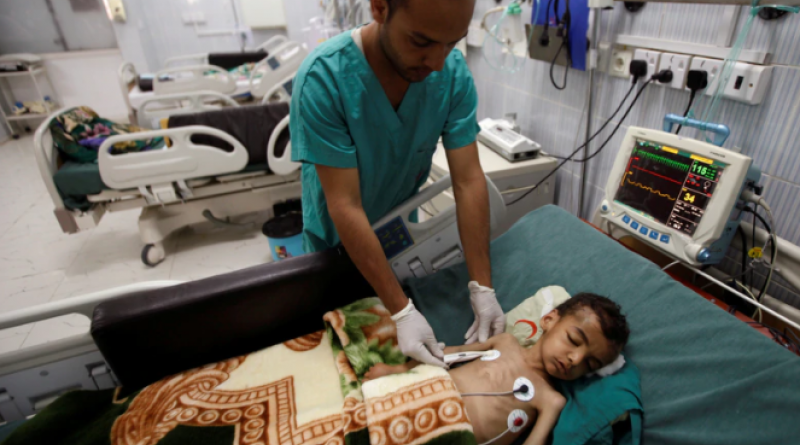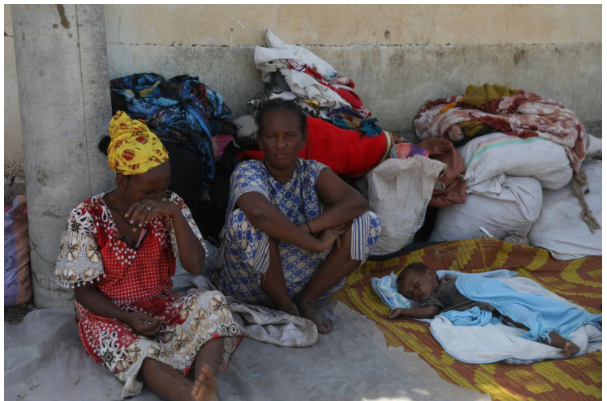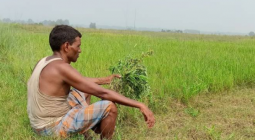UN Releases $100M in Bid to Prevent Famine in 7 Countries.

NEW YORK - The United Nations released $100 million from an emergency fund Tuesday in a bid to avert famine in seven at-risk countries.
"Famine can be prevented, but we have to act in time to make a difference," U.N. humanitarian chief Mark Lowcock said in a statement announcing the disbursement, which is to-date the single largest allocation from the Central Emergency Relief Fund.
Before the coronavirus pandemic swept the globe, bringing socio-economic shocks with it, there were already 135 million people facing serious food insecurity in 55 countries, according to U.N. data.
Those numbers have grown this year, and the U.N. is raising the alarm on the situations in Afghanistan, Burkina Faso, the Democratic Republic of the Congo, Nigeria, South Sudan and Yemen. These six countries will share $80 million of the emergency funding, with $20 million set aside for Ethiopia.
"The biggest hidden consequence of the [coronavirus] pandemic has been the hunger pandemic it has spawned," Lowcock told VOA.
He said humanitarians expected 2020 to be a difficult year due to the combination of conflicts and the effects of climate change across the planet, and then came the virus.
"The problems would have been containable though, but for COVID," he said of the disease caused by the coronavirus. Confirmed cases have surpassed 55 million worldwide, according to data from Johns Hopkins University. "What COVID has done is knock all these countries back a mile."
He said millions could die in Yemen, where 24 million people rely on humanitarian assistance. Funding shortages over the past six months have already forced the U.N. and its partners to cut rations and critical programs.
"Millions of people we were giving food aid to every month, we are now not doing that," Lowcock said. "Those people are right on the margins of survival now."
Conflict, climate, displacement crises
Of the six countries, all are dealing with conflict, climate shocks and displacement crises. Ethiopia has also experienced below-average rainfall this year and a massive locust infestation, and in recent weeks has added the threat of civil conflict as tensions explode in the northern Tigray province.
“There's a risk of this becoming a grave, grave humanitarian crisis,” U.N. spokesman Stephane Dujarric said Monday of the situation in northern Ethiopia.

Lowcock said there has been little to no traffic in or out of Tigray for the past couple of weeks and food and fuel is running out. There is also little public electricity, which means no piped water to large population areas.
"It is a problem that will quickly turn into huge threats of loss of life running into hundreds of thousands of people, if we don't get access to the aid system and things don't calm down quickly," he said.
In South Sudan, food prices have risen sharply since the start of coronavirus. The World Food Program says basic ingredients cost 186 percent of a person’s daily income, meaning if people in New York had to pay the equivalent of their income for a meal, it would cost $393.
In Burkina Faso, conflict has been on the rise, and the country is coping with the fastest-growing displacement crisis on the planet. Famine currently threatens about 11,000 people in two northern provinces.
"The thing about famines is, by the time you see children dying on your TV screens, it is too late to act; you can't stop it then," Lowcock said.
17 November 2020
VOA






